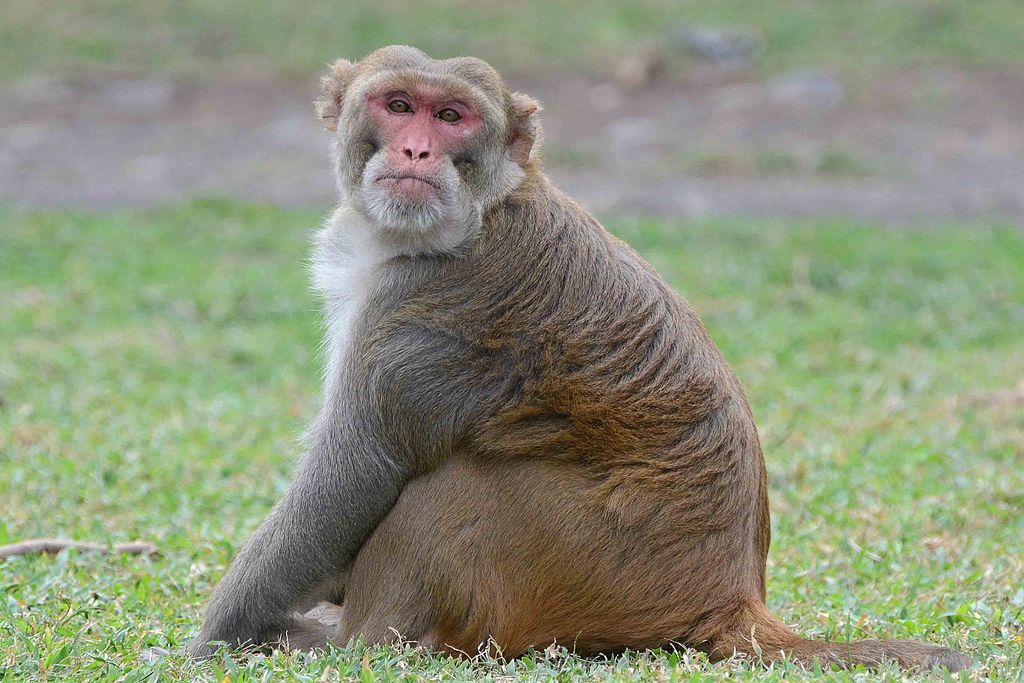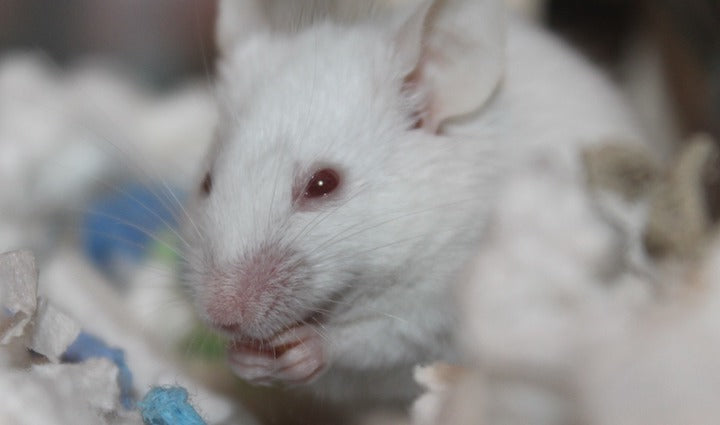Ethical use of animals
The 3Rs are guiding principles for more ethical use of animals, providing a framework for performing more humane animal research. Created 50 years ago, those guidelines have now been embedded in national and international legislations and regulations on the use of animals:
- Replacement: Avoid the use of animals altogether or use of less sentient species
- Reduction: Keep the number of animals used to a statistically significant minimum, obtain information from fewer animals or more information from the same number of animals
- Refinement: Alleviate or minimize potential pain, suffering or distress, and enhance animal welfare for the animals used.

The principle of refinement dictates that efforts should be made to reduce animal distress and discomfort during scientific procedures. Maximizing animal well being by minimizing drug-related side effects is a key consideration when selecting pharmaceutical agents for chemical restraint of Non Human Primates (NHP). No ideal agent currently exists, and the most common non-opioid chemical used (ketamine hydrochloride) presents a range of unwanted side effects.
FiberBites as daily enrichment
In a collaborative work involving University of Florida, and the Mannheimer Foundation, researchers investigated a novel drug combination for NHP immobilization: BAM for Butorphanol-Azaperone-Medetomidine (1). Those drugs, individually or in combination, are used in multiple other species and show successful immobilization and minimal health side effects.
Juvenile Rhesus Macaques were fed a standard commercial diet, had access to automatic water, and were provided fresh forage daily, including popcorn, orange slices and FiberBites. FiberBites® act as a prebiotic to nourish beneficial bacteria, promoting a healthy digestive tract while providing oral enrichment. They are made with great tasting natural flavors to promote acceptance, and are convenient and easy to administer.
REQUEST YOUR FREE SAMPLE OF FIBERBITES TODAY
The first author of this article, Dr. Carolyn Malinowski, is a veterinarian for the Washington National Primate Center at the Arizona Breeding Center. She is a Certified Manager of Animal Resources (CMAR), a Certified Professional IACUC Administrator (CPIA), a Diplomate of the American College of Laboratory Animal Medicine (DACLAM) and has graduated from the Institute of Laboratory Animal Management (ILAM). She attended veterinary school at the University of Melbourne in Australia and completed a residency in Laboratory Animal Medicine at the University of Florida .
A pilot study was performed, and two doses were selected for the study. The BAM doses selected resulted in immobilization of the animals, with smooth induction and recovery, for at least 25 min allowing for physiologic monitoring with absence of pedal reflex although some sporadic infrequent spontaneous twitching were observed. Some cardio-pulmonary side effects, including hypoxemia, bradycardia and hypotension, were noted and caution regarding those parameters with the provision of supplemental oxygen is advised when using BAM with Rhesus Macaques.
Check out our other Primates related blogs !
References
(1) Butorphanol-Azaperone-Medetomidine for the Immobilization of Rhesus Macaques (Macaca mulatta)




Leave a comment
All comments are moderated before being published.
This site is protected by hCaptcha and the hCaptcha Privacy Policy and Terms of Service apply.